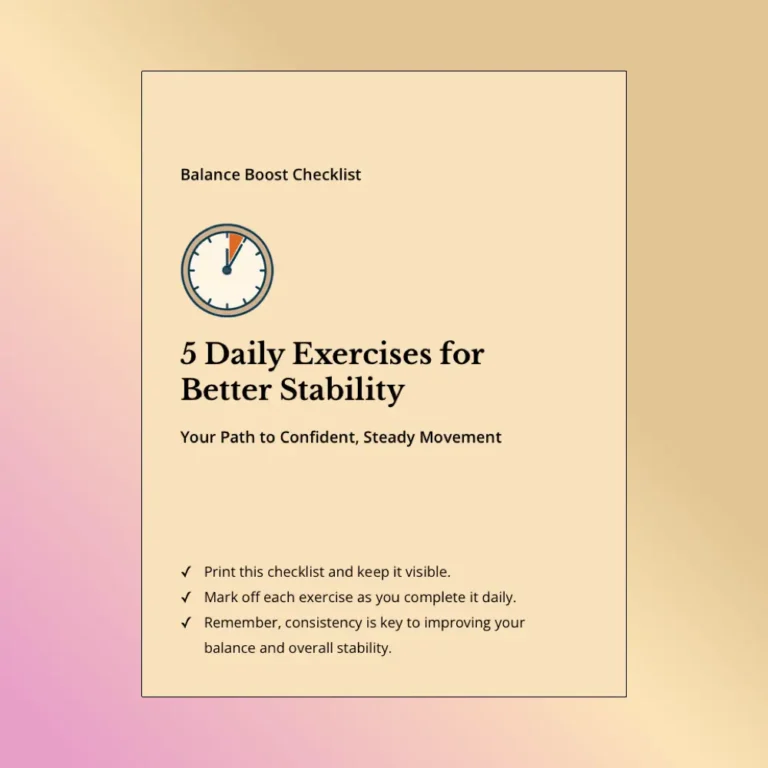
Highlights

In an age where technology touches nearly every aspect of our lives, internet security has become incredibly important, especially for older adults. The online world offers wonderful opportunities for connection, entertainment, and convenience, but it also harbors risks for those who might be less familiar with digital technology. This guide aims to help seniors understand and protect themselves against common online threats, allowing them to enjoy the benefits of the internet with greater peace of mind and stay safe online.
The internet can be both wonderfully useful and potentially dangerous. Here are some common threats that seniors face when they use the internet:
Older adults often find themselves in scammers’ crosshairs for several reasons:
Cybersecurity protection begins with understanding these vulnerabilities, which is the first step toward better protecting yourself online. For seniors and their families, recognizing these risks is essential to maintaining internet safety.
Being able to recognize warning signs of potential scams can save you a lot of trouble. Keep an eye out for:
Adopting these safety tips and habits can significantly improve your online security:
The right security software can make a big difference in keeping you safe online:
For more detailed information about security software options, check out helpful resources for older adults getting cyber safe, which offers advice specifically for older adults in the digital age.
With so much misinformation floating around online, knowing how to check if something is legitimate is a valuable skill for internet users:
Learning to use senior-friendly smartphones can also help older adults navigate the internet more safely with built-in security features.
Social media platforms can be a wonderful way to stay connected with family and friends, but they come with certain risks:
Shopping online offers great convenience, but it’s important to stay vigilant when online shopping:
Sometimes hearing others’ experiences can provide valuable tips and information. For example, one senior shared how she avoided falling victim to a phishing scam by recognizing the warning signs—an unexpected email promising a cash prize. Instead of clicking on links in the message, she asked a friend or family member for advice and avoided what could have been a costly mistake.
Stories like these highlight how awareness and communication can significantly improve online safety for seniors.
What should I do if I think I’ve already fallen for a scam? If you believe you’ve been scammed, don’t panic. First, change any passwords that might have been compromised. Contact your bank or credit card company if you shared financial information. Consider reporting the scam to the Federal Trade Commission (FTC) or your local consumer protection agency. It’s also a good idea to let friends and family know about the scam to help protect them from similar online scams.
How often should I update my passwords? Security experts recommend updating your passwords every three to six months. However, you should change them immediately if a service you use announces a data breach or if you notice any suspicious activity on your accounts. Many online seniors benefit from learning about online learning opportunities that include cybersecurity courses.
Is it safe to use public Wi-Fi? Public Wi-Fi networks are generally less secure than your home network. Avoid using public Wi-Fi for sensitive activities like online banking or shopping. If you must use public Wi-Fi, consider using a Virtual Private Network (VPN) for added security to boost cybersecurity protection.
How can I help an older family member stay safe online? Offer to help set up their devices with proper security software and security patches. Teach them about common scams targeting seniors and how to recognize them. Be patient and avoid technical jargon. Check in regularly to answer questions and address concerns. Consider setting up regular “tech chats” to discuss any issues they might be having.
Internet safety is important, but seniors should also consider other aspects of safety. For example, fire safety tips for elderly individuals are equally crucial for overall safety for seniors in their homes.
Online dating sites have become popular among many seniors. When using these platforms, never share your Social Security number online or provide extensive personal details before meeting someone in person. Always arrange first meetings in public places and let someone know where you’re going. Scammers often target seniors through these platforms, so maintain healthy skepticism about new online relationships.
For visual learners, this helpful video about senior online safety provides essential tips for staying protected while enjoying the internet.
As technology continues to evolve, staying informed about internet security becomes increasingly important for seniors. By learning to recognize potential threats, adopting strong security practices, and knowing how to verify online resources, older adults can confidently enjoy the benefits of the digital world.
Remember that everyone, regardless of age or technical ability, can learn to protect themselves online. The key is staying informed, remaining cautious, and not hesitating to ask for help when needed.
For more comprehensive information about staying safe online, consider exploring resources like ConnectSafely’s guide to online safety for seniors. Knowledge truly is your best defense when it comes to internet security.
Enjoy your online experiences with confidence, and remember that internet safety is a skill that improves with practice and awareness. The digital world has so much to offer when you know how to navigate it safely.
